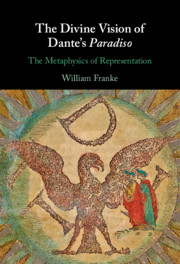This article theorizes the Zimbabwean writer Stanlake Samkange’s turn from the novel to philosophy as an effort to circumvent the representational pressure exerted by African cultural traumatization. In breaking with the novel form to coauthor a philosophical treatise called Hunhuism or Ubuntuism in the same year as Zimbabwe achieves independence (1980), Samkange advances a comportment-based, deontological alternative to the psychic or subjective model of personhood that anchors trauma theory. Revisiting the progression from his most achieved novel, The Mourned One, to Hunhuism or Ubuntuism thus offers fresh insight into the range of options available to independence-era writers for representing the relationship between African individuality and collectivity. At the same time, it suggests a complementary and overlooked relationship between novelistic and philosophical forms in an African context.


